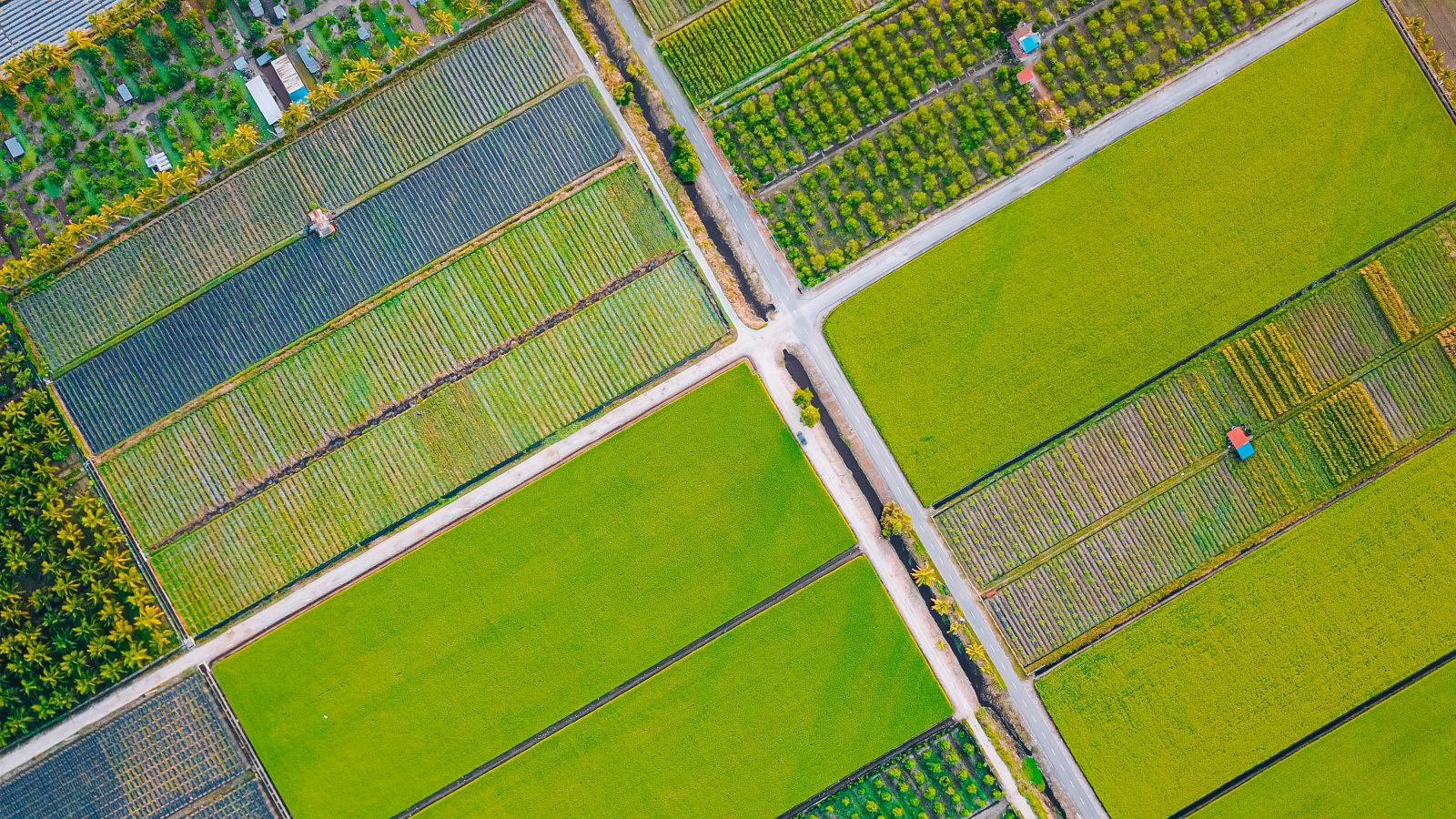In early December, CCC hosted “Workflow of the Future: Standards & Sustainability” a webcast where a panel of industry experts discussed sustainability challenges in trying to reduce our impact on the environment and in managing the effects of the changing environment itself.
This webcast series was created by CCC to help facilitate important conversations on critical topics related to standards. And based on the number of people joining us, it is clear there is much to say, whether you are in the standards development organization (SDO) community, in corporate research and development and use standards in your daily work, or in government and helping to guide public policy. Judging by the participation in the Sustainability webcast in particular, and in this series overall, that our community is deeply invested in the topic and looking to achieve very high goals and meaningful outcomes. The sustainability agenda is now worldwide and mainstream, albeit wrapped up in politics and differing points of view.
Our first speaker, Holly Elwood, is a Senior Advisor for the EPA’s Environmentally Preferable Purchasing Program, which helps federal agencies factor the environment into purchasing decisions. The US federal government is using its massive purchasing power to bring about change throughout the supply chain in a number of ways:
- Since 1993, the EPA has been directed to help use the power of the federal pocketbook to catalyse a more sustainable marketplace;
- The Biden Harris Administration and several statutes are directing federal purchasers to procure more sustainable products and services; and
- Executive order 14057 sets a goal of Net Zero Emissions Procurement by 2050 and directs purchasers to buy products meeting certain Recommendations of Standards and Ecolabels.
Ms. Elwood coordinates EPA and interagency technical input into product sustainability standard development efforts and helps shape and maintain EPA’s Recommendations of Standards and Ecolabels for Federal Procurement. She and her team have found that the federal procurement community and all purchasers need assistance in determining which products and services are more sustainable than others.
“[With over] 460 sustainability standards and ecolabels…in the marketplace today…sifting through these to determine which ones apply…and which ones are clearly effective and credible…can be very daunting to purchasers…our recommendations are intended to address that issue and give purchasers one place to go to see a set of recommended standards and ecolabels that have already been vetted by EPA and our sister agencies.”
– Holly Elwood
The EPA has established a framework for making assessments of sustainability, and publishes Recommendations of Specifications, Standards, and Ecolabels based on this framework. On the webcast, Ms. Elwood noted that the sheer volume of standards and ecolabels – well over 460 at this writing – making vendor selection a daunting prospect. Her organization is creating recommendations that give preference to multi-attribute, life cycle-based standards and ecolabels that address key impact areas. They are looking carefully for opportunities where product conformance is determined by a competent third-party certification body.
Ms. Elwood was careful to note that this is a process, and that input is welcome. The audience – and readers of this blog – are welcome to communicate with her team. She invited those who are aware of a sustainability standard or an ecolabel but aren’t sure about its credibility to contact them.
The US Federal government is clearly driving extensive and far-reaching change and using standards, where they exist, to support sustainability. Other governments and larger organizations around the world are either implementing or have implemented similar mandates. The importance and relevance of standards as a force for change in sustainability is only going to grow.
Future posts in this series will summarize the remarks of speakers Maike Luiken, Planet Positive 2030 Initiative and Holly Neber, CEO of AEI Consultants.
This webcast was supported by the U.S. Department of Commerce’s International Trade Administration’s Market Development Cooperator Program.


